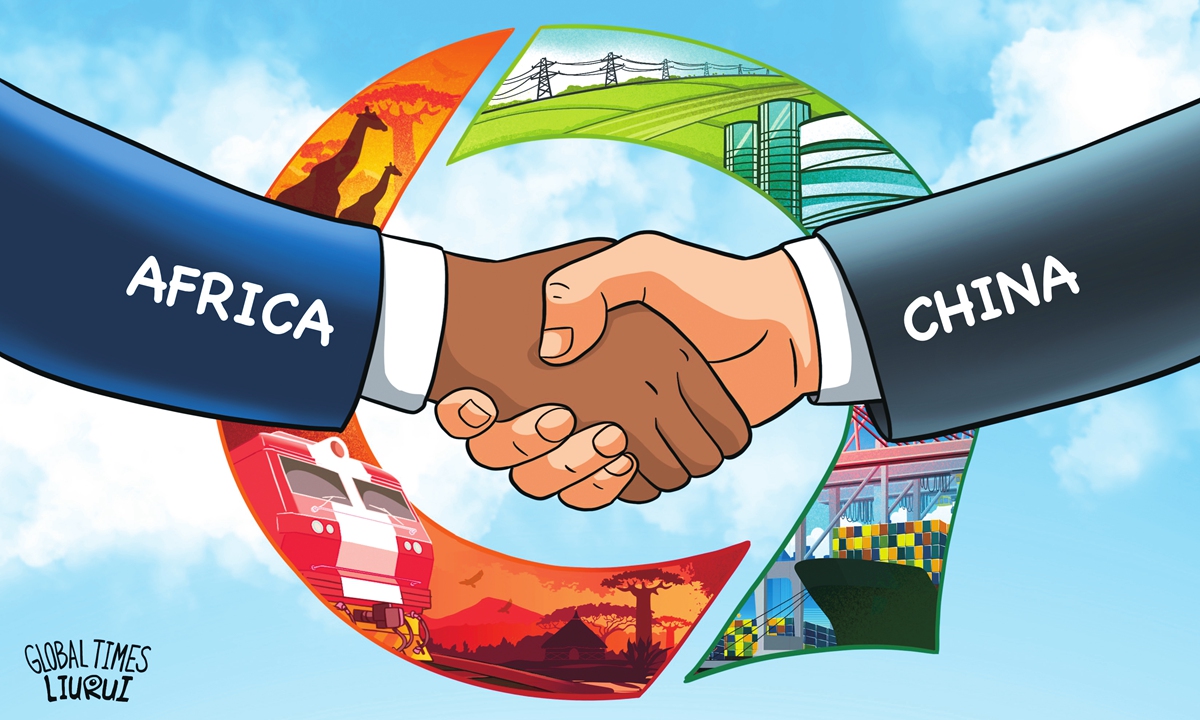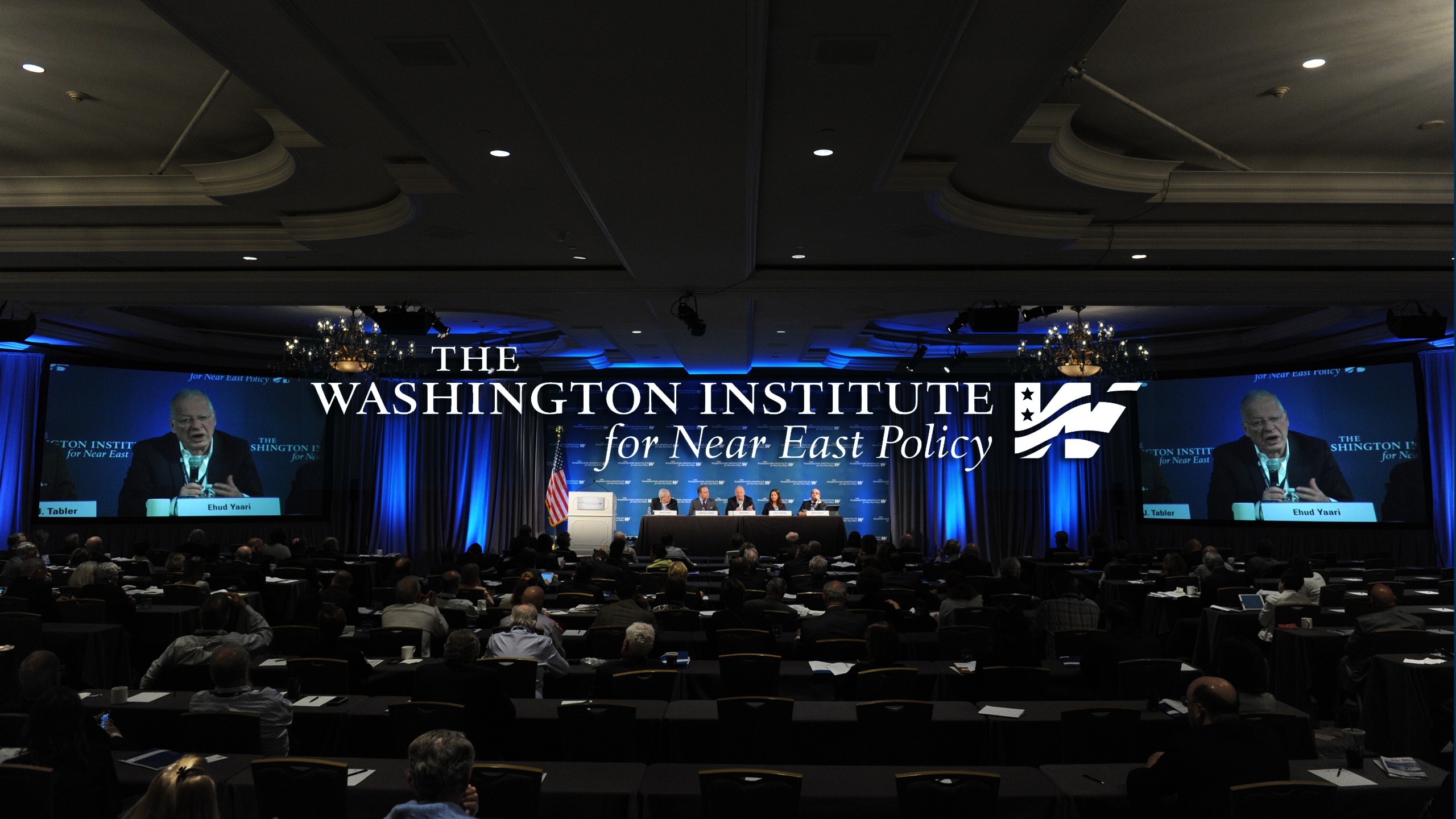Beijing’s recent decision to eliminate tariffs for goods from least developed countries (LDCs) with diplomatic relations with China, including 33 in Africa, has been met with a great deal of skepticism among experts.
The decision, announced by President Xi Jinping at the 2024 Forum on China-Africa Cooperation (FOCAC) that was held in Beijing in early September, aims to boost African exports to China. However, many experts have expressed their skepticism, arguing that past China-Africa trade agreements have favored the Asian economic powerhouse more than the continent, often leading to local market disruptions. In fact, analysts see it as part of Beijing’s long-term strategy to expand China’s influence in Africa without bringing much benefit to the LDCs. “This move has not generated the excitement it should, due to well-known structural difficulties in Africa,” Emmanuel Owusu-Sekyere from the Accra-based African Center for Economic Transformation.
These significant structural challenges faced by Africa in turn hinder its ability to capitalize on such offers, experts point out. As a result, the cooperation “has benefitted China much more than it has Africa,” Owusu-Sekyere said, adding that “Africa has given China unbridled access to its markets, which has crippled local production capacity in several aspects of the manufacturing sector e.g., textiles.” The policy to reduce tariffs for goods from the LDCs is also widely perceived as Beijing’s attempt to rival US influence in Africa, particularly amid dissatisfaction with the rigid US policies underlying the African Growth and Opportunity Act (AGOA). Consequently, “China sees this as an opportunity to undermine the US-led world order and promote its own narrow interests,” said Samir Bhattacharya from the New Delhi-based Observer Research Foundation.



